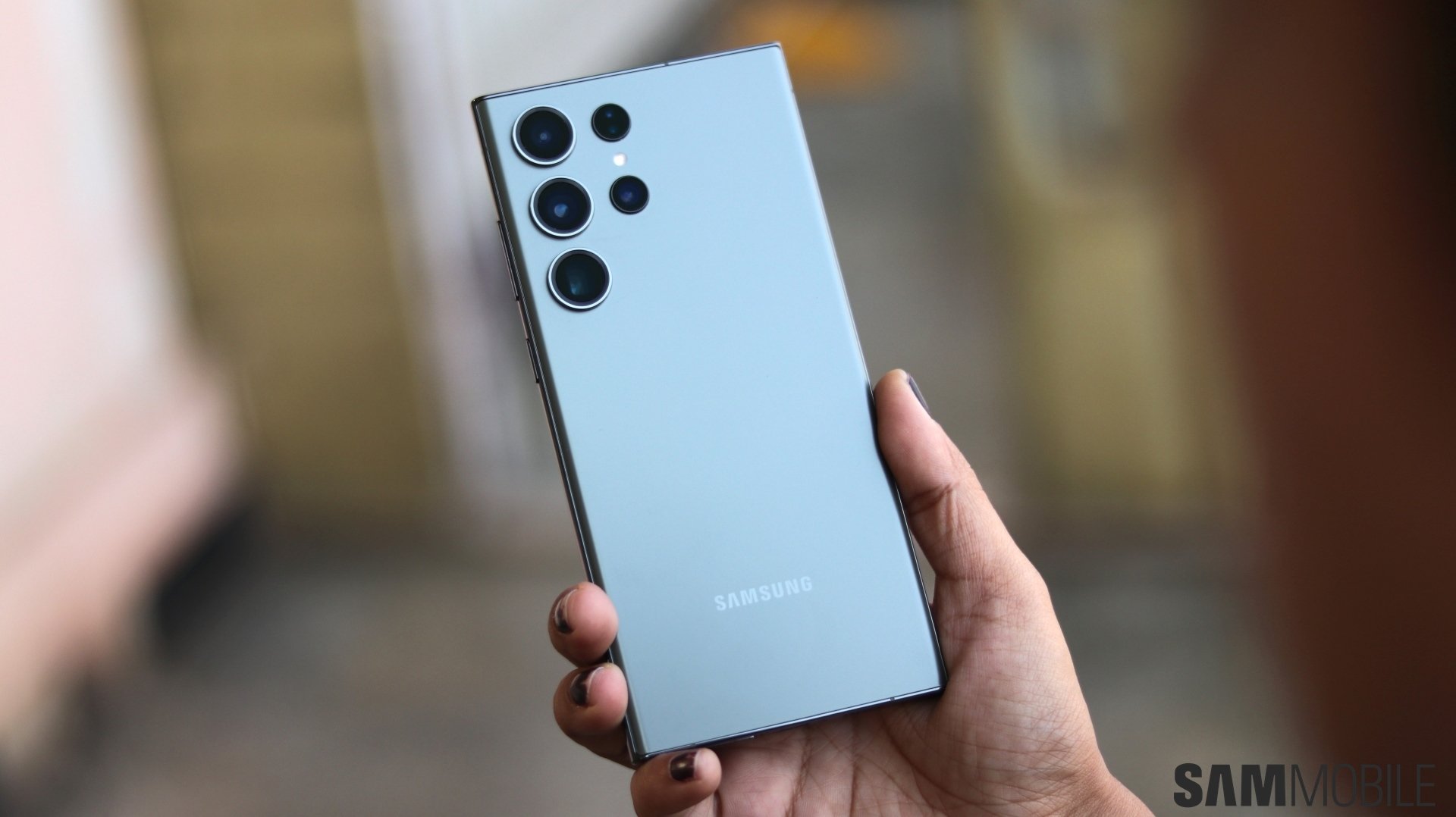The Galaxy S23 series, released early this year, is powered exclusively by the Snapdragon 8 Gen 2 “for Galaxy” chip. Unlike in previous years, Samsung didn't split its 2023 flagship between Qualcomm and Exynos markets. The company didn't release a high-end Exynos chip for 2023 and decided to take the extra time to develop the upcoming Exynos 2400 SoC.
Now, if there was any doubt left that Samsung would return to a two-pronged chip strategy for its flagship phones in 2024, Qualcomm's CEO has just confirmed that it will.
Last week, Samsung revealed that Qualcomm's latest Snapdragon 8 Gen 3 chip will power the new ISOCELL Zoom Anyplace camera technology of the Galaxy S24. However, it did not mention the Exynos 2400 chip in the same context.
Fast forward to yesterday, November 1, when Qualcomm CEO Cristiano Amon held a meeting after announcing earnings for the fourth fiscal quarter. During the conference, the Qualcomm CEO not only confirmed that Samsung's upcoming flagship will once again adopt a two-chip strategy but that Qualcomm should have a majority share (via The Elec).
Story continues after the video
According to foreign reports citing CEO Cristiano Amon during the conference, the head of Qualcomm said: “Galaxy S24 will be released soon […] and Qualcomm has the majority market share.”
Hinting at Galaxy S24 Ultra exclusivity?
Even though the Galaxy S24 series will apparently employ Exynos and Qualcomm chips in different markets, the two-pronged strategy likely won't be the same as it was a couple of years ago.
Many reports indicate that the Galaxy S24 Ultra will be powered exclusively by the Snapdragon 8 Gen 3 “for Galaxy” SoC, no matter the market. But the base Galaxy S24 model and the Galaxy S24+ will be the ones to use both Exynos and Qualcomm solutions. International markets should get Exynos, while select regions should benefit from Qualcomm's solution.
This new strategy could explain why Qualcomm is seemingly confident it will have the majority share of the Galaxy S24 series. The Galaxy S24 Ultra could be the best-selling model of all three, judging by the performance of past Galaxy S flagships. And perhaps even more so if it will be the only variant to boast the Snapdragon solution in markets that otherwise offer the Exynos 2400 configuration.






